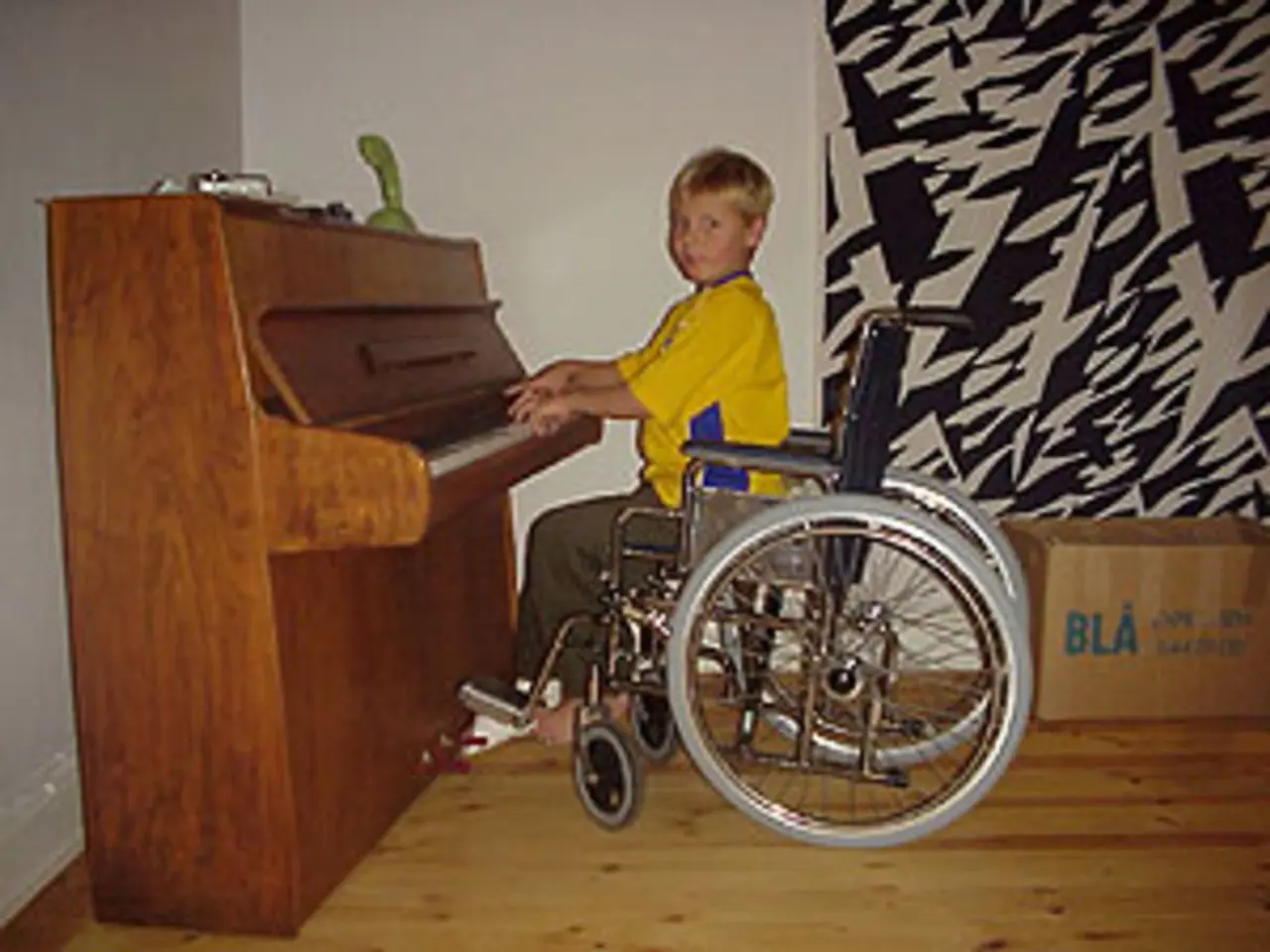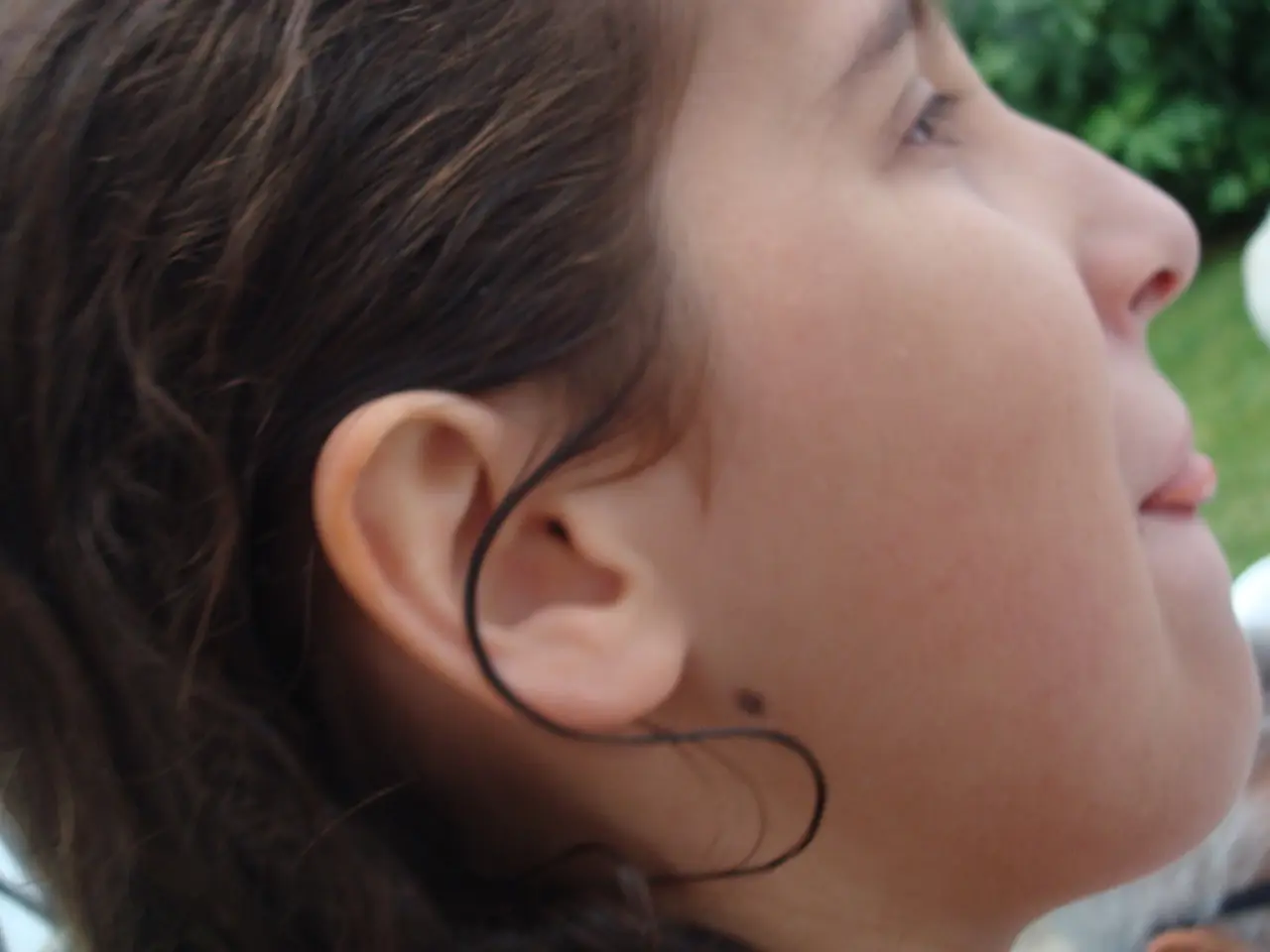The Essence of Altruism: Selflessness for the Greater Good
In a world where generosity is often praised as a pathway to fulfillment, it's essential to understand its limitations and the risks that come with unchecked giving. This article explores the psychological and practical perspectives that shed light on the challenges of generosity and offers strategies to avoid burnout.
Generosity, while a noble virtue, can sometimes be a double-edged sword. People tend to value others' outcomes less than their own, especially in monetary terms, leading to a variable generosity that depends on the situation rather than being consistent or unlimited. This context dependency can set the stage for emotional exhaustion, resentment, and burnout, particularly when giving is driven by obligation or without clear boundaries.
Moreover, overly generous individuals may find themselves vulnerable to exploitation, as others may use kindness against them, especially if boundaries are not set or manipulative behaviours are not recognised.
To combat these risks, it's crucial to establish clear boundaries, simplify and prioritise, schedule rest and self-care, learn to say no, and practice gratitude. By communicating your limits to others regarding your generosity, you can ensure that you're giving realistically without harming your well-being. Focusing on core values like connection, joy, and authentic relationships can help prevent overextension.
Incorporating downtime, mindfulness practices, and adequate sleep is vital in maintaining resilience and preventing stress accumulation. Understanding that it's okay to decline requests or invitations that would overcommit you is also essential in preserving your energy and emotional health. Cultivating gratitude can help maintain a positive mindset, balancing the emotional costs of giving and preventing burnout that comes from feeling pressured or depleted.
Tchiki Davis, a burnout survivor, offers tips for coping with burnout or avoiding it in the first place. Her advice emphasises the importance of setting boundaries, prioritising self-care, and practising gratitude.
The inherent human tendency to act in either altruistic or selfish ways has long been a subject of interest for evolutionary scientists. Darwin argued that altruism, which he called "sympathy" or "benevolence," is an essential part of the social instincts. Recent neuroscience studies have shown that when people behave altruistically, their brains activate in regions that signal pleasure and reward, similar to when they eat chocolate or have sex.
However, it's important to note that the challenge lies in finding ways to evoke the better angels of our nature while avoiding the potential pitfalls of generosity. By recognising the limits of generosity and actively managing our resources and emotional health through these strategies, individuals can sustain their giving capacity without succumbing to burnout or resentment.
References: [1] Baumeister, R. F., & Exline, J. J. (2000). Does helping oneself help others? A meta-analytic review of empathy-altruism research. Journal of Personality and Social Psychology, 78(5), 727-745. [2] Davis, Tchiki. (2020). The Art of Self-Compassion: How to Stop Beating Yourself Up and Leave Insecurity Behind. New Harbinger Publications. [3] Dunn, E. W., Akinola, A., & Norton, M. I. (2011). Prosocial spending and the neural basis of reward. Proceedings of the National Academy of Sciences, 108(31), 12495-12499. [4] Emmons, R. A., & McCullough, M. E. (2003). Counting blessings versus burdens: Experimental studies of gratitude and subjective well-being in daily life. Journal of Personality and Social Psychology, 84(2), 377-389. [5] McCullough, M. E., Kimeldorf, D., & Cohen, G. L. (2008). The psychology of altruism: Empirical and theoretical advances. Current Directions in Psychological Science, 17(5), 281-286.
Generosity, rooted in the human social instincts, can evoke feelings of pleasure and reward in the brain, as demonstrated by evolutionary scientists and neuroscience studies. However, an unchecked series of acts of generosity can lead to emotional exhaustion, resentment, and burnout, especially when giving is driven by obligation or without clear boundaries in the realms of health-and-wellness and mental-health. Therefore, it's crucial for individuals to cultivate self-care practices, set boundaries, schedule rest, practice gratitude, and acknowledge their limitations to sustain their giving capacity and maintain their own well-being.




